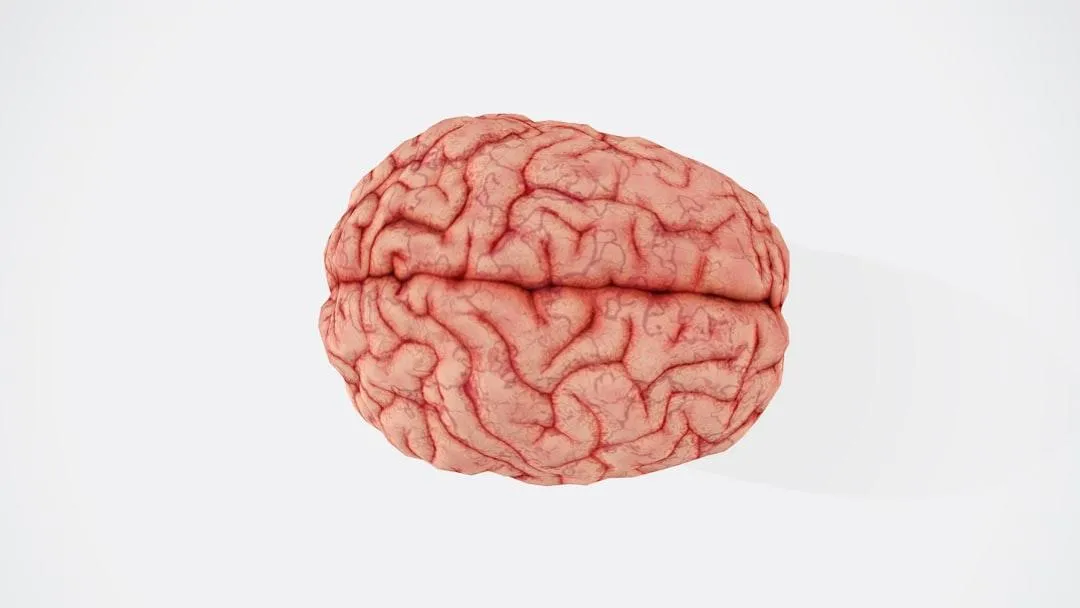
Drugs That Kill Brain Cells: Effects and Treatment
Understanding the Impact of Drugs on Brain Cells: A Guide to Recovery in Fort Myers
Alt text: A detailed diagram of a neuron, showing the cell body, dendrites, axon, and synapse, illustrating the complexity of brain cells.
When you or a loved one is struggling with substance abuse, understanding the science behind addiction can be a powerful motivator for seeking help. At Oasis Recovery Center in Fort Myers, FL, we believe in empowering our clients with knowledge. This guide explores how drugs affect brain cells and the path to recovery.
The Vital Role of Your Brain Cells
Your brain is a complex network of billions of cells called neurons. These cells are the messengers of your body, transmitting information that controls everything from your thoughts and emotions to your physical actions. When this intricate communication system is disrupted by drugs, the consequences can be severe.
Neurotoxicity: How Drugs Damage the Brain
Neurotoxicity is a term that describes the damaging effects of certain substances on the brain and its cells. Many illicit drugs are neurotoxic, meaning they can lead to:
Disrupted Neurotransmitter Systems: Drugs can alter the delicate balance of neurotransmitters, the chemical messengers in your brain. This can lead to mood swings, cognitive problems, and behavioral changes.
Oxidative Stress: Some drugs increase the production of harmful molecules called free radicals, leading to cellular damage and inflammation.
Excitotoxicity: Certain substances can overstimulate brain cells, causing them to become damaged and even die.
Inflammation: Chronic drug use can trigger a persistent inflammatory response in the brain, contributing to the destruction of neurons.
Alt text: A scientific illustration depicting the process of microglia-mediated neurotoxicity, showing how inflammatory triggers can lead to neuronal death and damage.
Common Drugs and Their Effects on Brain Cells
Different drugs have different effects on the brain. Here’s a look at some of the most common substances and their impact:
Methamphetamine
Methamphetamine, or meth, is a powerful stimulant that can cause significant damage to dopamine and serotonin neurons. This can lead to a reduction in gray matter, impaired cognitive function, and an increased risk of neurodegenerative diseases.
Alcohol
While legal, alcohol is a neurotoxin that can cause significant damage to brain cells with excessive and prolonged use. Alcohol abuse can lead to neuroinflammation, oxidative stress, and a reduction in brain volume.
Cocaine
Cocaine disrupts the brain's reward system by flooding it with dopamine. Long-term use can lead to impaired dopamine signaling, neuronal damage, and an increased risk of stroke.
Alt text: A brain scan comparing a healthy control brain to the brain of a drug abuser, showing the visible effects of drug use on brain activity.
Long-Term Consequences of Drug Use
The damage that drugs inflict on brain cells can lead to a range of long-term consequences, including:
Memory Loss: Many drugs can impair short-term and long-term memory, as well as the ability to form new memories.
Impaired Motor Skills: Drug use can interfere with the brain's ability to control movement, leading to problems with coordination and balance.
Behavioral Changes: Changes in brain chemistry can lead to mood swings, depression, anxiety, and other behavioral issues.
Seeking Help and Starting the Road to Recovery in Fort Myers
If you or someone you know is struggling with addiction, it's important to know that recovery is possible. At Oasis Recovery Center in Fort Myers, we offer a range of evidence-based treatment options to help you heal and reclaim your life.
Alt text: A diverse group of people sitting in a circle during a group therapy session at an addiction recovery center, symbolizing community and support.
Our treatment programs include:
Inpatient Rehabilitation: A structured and supportive environment where you can focus on your recovery without the distractions of daily life.
Outpatient Programs: Flexible treatment options that allow you to continue with your daily responsibilities while receiving the care you need.
Medication-Assisted Treatment (MAT): The use of medications, in combination with counseling and behavioral therapies, to treat substance use disorders.
Support Groups: A community of peers who understand what you're going through and can provide encouragement and support.
Your Path to a Healthier Future Starts Here
At Oasis Recovery Center, we are dedicated to helping you overcome addiction and build a healthier, happier future. Our compassionate team of professionals is here to guide you every step of the way. If you're looking for an addiction treatment center in Fort Myers, FL, contact us today to learn more about our programs and how we can help you on your journey to recovery.

